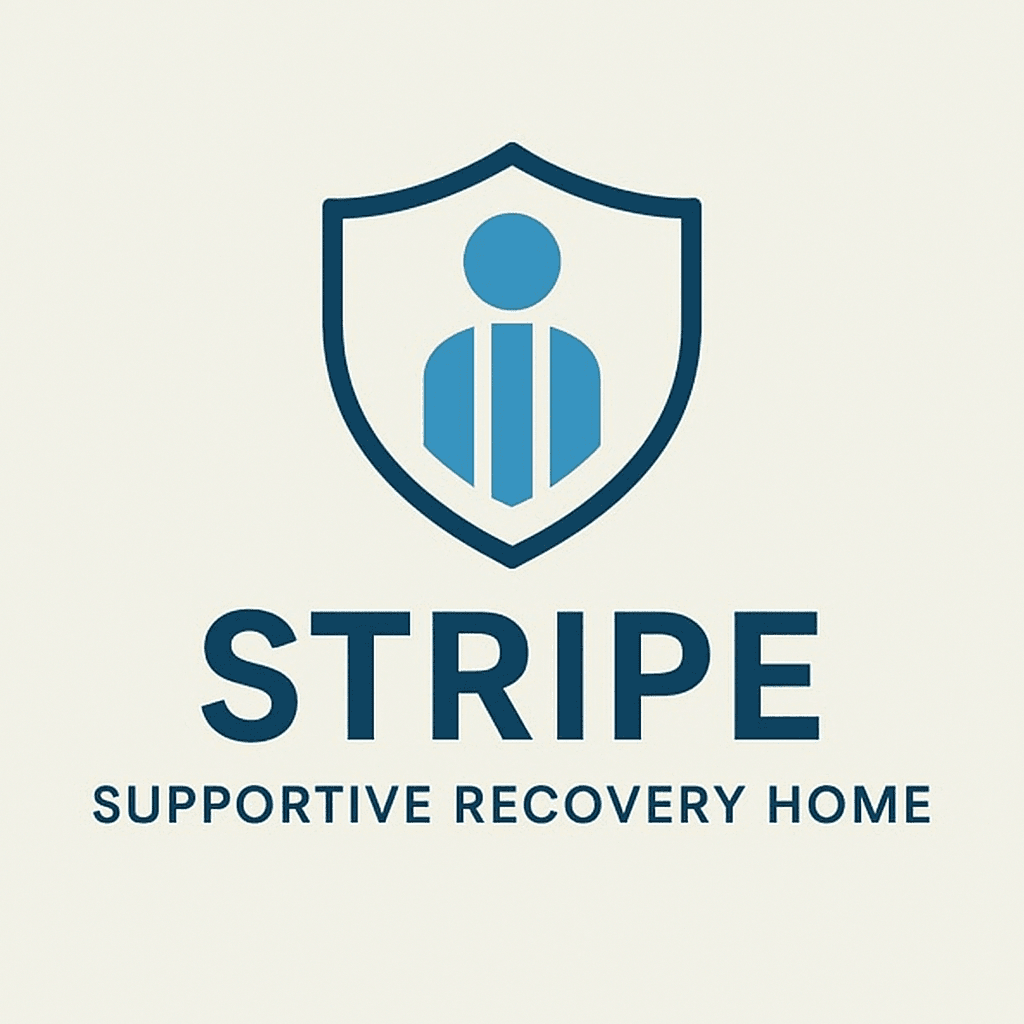The Benefits of Transitional Housing in Surrey for Sustained Sobriety
Understanding Transitional Housing
Transitional housing is a vital component in the recovery journey for individuals battling substance abuse. In Surrey, many people find that transitional housing offers a bridge between treatment programs and independent living. These residences provide a structured environment that helps individuals maintain sobriety while they reintegrate into society.

Structured Environment for Recovery
One of the key benefits of transitional housing is its structured environment. Residents are expected to adhere to specific rules, attend regular meetings, and often participate in therapy sessions. This structure helps reinforce the habits and routines necessary for a sober lifestyle. By providing a stable and supportive environment, transitional housing can significantly reduce the risk of relapse.
Furthermore, these programs often implement curfews and mandatory drug testing, ensuring that residents remain accountable. This accountability is crucial in fostering a sense of responsibility and encouraging individuals to stay committed to their recovery goals.
Access to Supportive Resources
Transitional housing in Surrey offers access to a variety of supportive resources which are essential for sustained sobriety. Residents can benefit from counseling services, job training programs, and educational opportunities. These resources equip individuals with the skills and knowledge needed to build a fulfilling, independent life post-recovery.

Additionally, many transitional housing programs facilitate connections with local support groups and community services. This network of support plays a significant role in helping residents develop strong social connections that are instrumental in long-term recovery.
Building a Sober Community
A significant advantage of transitional housing is the opportunity to build a sober community. Living with others who are also working towards recovery creates a sense of camaraderie and mutual support. Residents can share experiences, offer encouragement, and hold each other accountable, which can be incredibly motivating during challenging times.
This communal living situation fosters an environment where individuals can learn from each other's successes and setbacks, reinforcing the idea that they are not alone in their journey toward sobriety.
Preparing for Independent Living
Transitional housing serves as an essential stepping stone towards independent living. It allows residents to gradually assume more responsibility and independence while still having access to support systems. This gradual transition helps individuals overcome fears and anxieties associated with returning to their previous environments.

Programs often focus on life skills development, such as financial management, cooking, and time management, which are crucial for maintaining a stable lifestyle outside of the structured environment. This preparation ensures that when residents are ready to leave transitional housing, they do so with confidence and resilience.
The Impact on Surrey's Community
Transitional housing not only benefits individuals but also has positive implications for the broader Surrey community. By supporting those in recovery, these programs help reduce crime rates and homelessness while promoting public health and safety. As more individuals achieve sustained sobriety, they become productive members of society, contributing positively to the local economy and community well-being.
In conclusion, transitional housing provides invaluable support for individuals seeking long-term sobriety in Surrey. Through structured environments, access to resources, community building, and preparation for independent living, these programs play a crucial role in fostering sustained recovery and enhancing community health.
